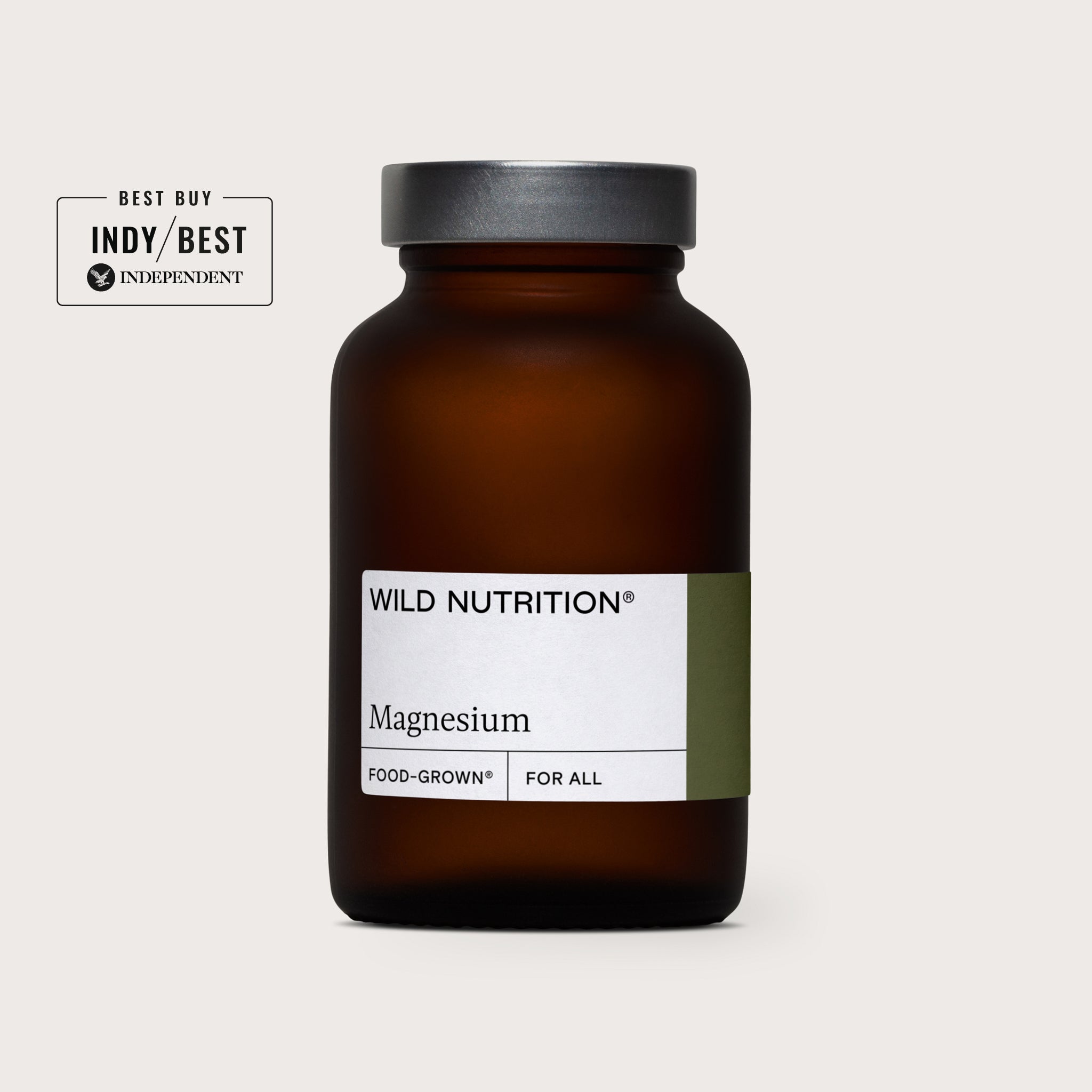
How to feed your skin for a healthier complexion
Nourishing our skin really does come from within. Using nature's ‘medicine chest’ of wholesome food and nutrition we can support dry skin, outbreaks, or simply promote your natural defence against environmental damage - and all through the simple joy of eating well!
These are just a few of nature’s gifts for supporting your skin.
Ageing skin
- Find the ‘rainbow’ on your plate Avoiding oxidation damage to skin is important to keep skin elastic. Oxidation results in ‘cross-linking’ of proteins that toughens up skin, making it leathery and increases wrinkles. Antioxidants can reduce this ‘cross-linking’ of proteins. These antioxidants are found in abundance in the skin and colour of vegetables and fruit, so building in a rainbow of colour into each meal is the simplest and most nourishing way to support oxidation.
- Slow cooked meat Particularly as women go through the menopausal stages of life the production of the hormone oestrogen changes and this can affect the elasticity of skin. Hyaluronic Acid (HA), an essential molecule that the body produces itself to keep the skin elasticised and moisturised, decreases with age. Build in sources of HA such as slow cooked meat (on the bone), fresh meat stock or fermented soya products. Supplementation can help too but choose wisely however, since research has shown that you need ‘Extra Low Molecular Weight' HA to deeply penetrate the skin in order to provide hydration and fill small lines.
- Brazil nuts Brazil nuts are rich in selenium. Selenium is a powerful antioxidant trace mineral that is responsible for maintaining skin firmness and elasticity. It also promotes absorption and function of vitamin E, a powerful antioxidant stored mainly in the skin. The end result is glowing skin and less deterioration to the skin's collagen. Eating just 3-4 Brazil nuts per day provides adequate selenium intake for most people.
Spotty, troubled skin and acne
- Pumpkin seeds The mineral zinc is an important component of healthy skin and may help prevent acne. It acts by regulating the production of oil in the skin, and may also help control some of the hormones that create acne. One study found that zinc therapy worked as well as antibiotic treatment. Other foods sources high in zinc include oysters, pecans, Brazil nuts, eggs, oats, poultry, pumpkin seeds, ginger, legumes, seafood, mushrooms and whole grains.
- Garlic Acne has also been linked with the overgrowth of the yeast organism Candida Albicans in the gut and may be supported through the use of probiotics and anti-fungal natural medicine such as the herb oregano or allicin found in garlic. Eating it raw is best if you can bare it! Foods rich in insoluble fibre also help to maintain a healthy digestive environment.
- Sweet potato Deficiency in vitamin A may also lead to dry skin, especially those associated with auto-immune conditions such as psoriasis or rosacea, and therefore building in foods rich in beta-carotenoid, such as squashes and carrots, can improve your body’s storage of vitamin A.
Dry Skin
- Mackerel Fatty acids such as those found in mackerel nourish the top layer of the skin and keep water ‘locked in’. However, simply increasing your intake of oily fish or flaxseed oil may not be enough - a deficiency in magnesium can affect how well we use these oils and therefore eating a diet rich in green leafy vegetables (see next section) or supplementing with a natural form of magnesium can really help to support healthy skin.
- Green leafy vegetables Green leafy vegetables such as chard or cavolo nero are also rich in vitamin C and magnesium, two important nutrients for forming collagen, supporting omega-3 metabolism and the production of hyaluronic acid - the skins “trampoline” giving it that hydrated, plump look and feel.
- Avocados Rich in vitamin E, another important antioxidant with the capability to control free radical damage - caused by pollution, smoking, processed foods and sun exposure - as also supports hydration of the dermis. Other rich sources of vitamin E include wheat germ oil, sunflower seeds, almonds, spinach, peaches, prunes, tomatoes, cabbage and asparagus.
Time is a great healer, particularly for skin. As skin is growing all the time, the potential to improve their condition is good. Skin replaces itself every 6 weeks so by making these changes to your diet and supplement regime you have a real opportunity to make a lasting change from within.
For more on how you can achieve healthy glowing skin from the inside out, see 'Not all fats are created equal'












